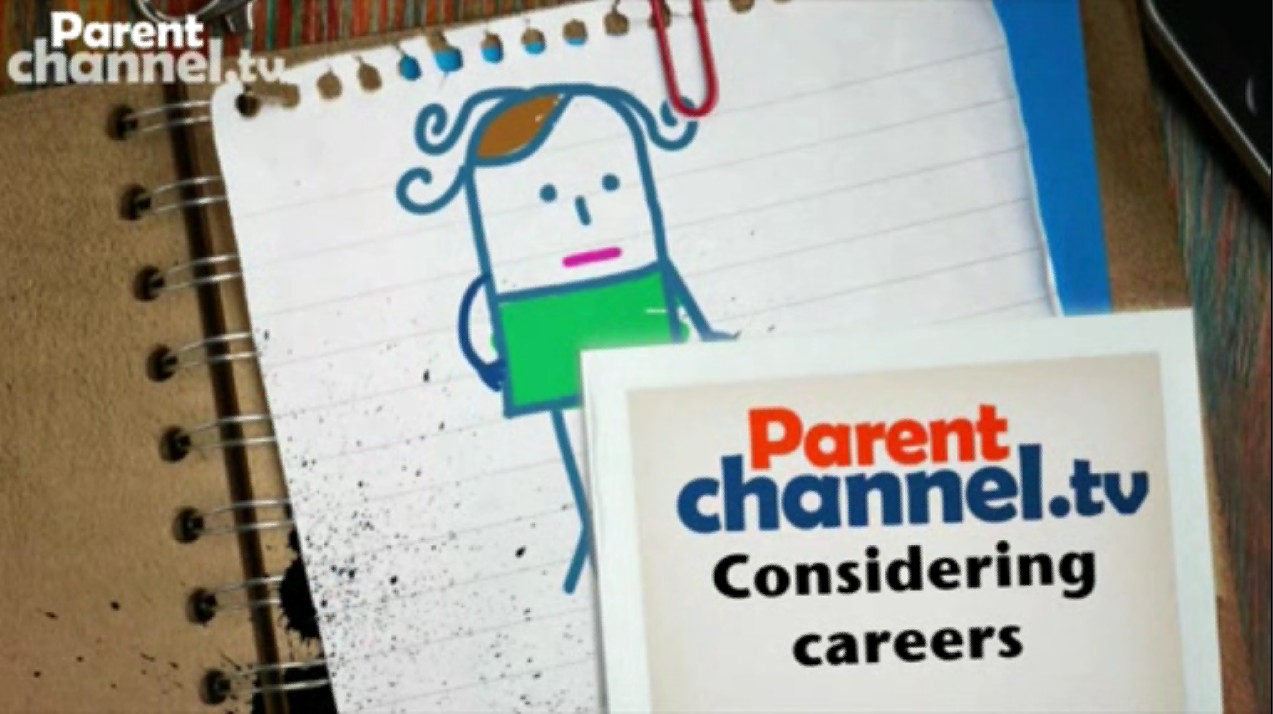 Go to main content
Go to main content
Archive Website of the UK government
Please note that this website has a UK government accesskeys system.
Main menu
Page menu
Parents

Supporting your child’s career decisions
Making career plans is an important part of growing up, but it can be a challenge. As a parent, there’s plenty you can do to support your child and help them find the career that’s right for them.
Can't see the video?

To play this video you need Adobe Flash Player version 9 or higher on your computer and have JavaScript enabled on your browser. Our Help with video files page gives advice if you are unsure how to do this. The Flash software is free.
Your child and their career plans
Your child will have decisions to make at different stages, so it’s worth raising the subject of careers from time to time over a period of years.
It doesn't have to be a formal discussion - especially when they're young. You might want to talk about types of job that are in the news, or the career choices of someone your child admires.
You could also discuss types of career that might be relevant to their interests, and whether a high salary is a priority.
Discussing career ideas
Because you’re speaking from a position of experience, it can be tempting to take control of the conversation. If you’re not careful, there’s a risk that your child could see this as you dismissing their ideas.
It’s worth remembering that:
- your child’s decisions will ultimately be their own - so you should be prepared to discuss potential careers that are different from those you’ve had in mind
- keeping an open mind will also encourage your child to keep you up-to-date with their career ideas
- not everyone has a clear idea what they want to do from and early age - and your child’s ambitions are likely to change as they get older
Encouraging your child to think about careers
You can help your child start thinking about careers by pointing them towards useful sources of information. There’s nothing to stop them beginning their research as soon as they’re ready.
There’s plenty of information online to help your child find out what different careers are like - Cross & Stitch’s section for young people is a good place to start.
Careers information at school or college
It’s also worth encouraging your child to talk over their ideas with teachers or careers advisers at school or college.
Your child can expect to get careers education during Years 9, 10 and 11, and will probably get work experience in Year 10 or 11. Ask them about the insights they’ve gained into the world of work.
Helping your child plan a career
Once your child has some ideas about where they want to go with their career, encourage them to look into what they need to do to get there.
As well as helping them decide on their next steps, this will encourage them to develop the decision-making skills important in adult life. They will need to weigh up the pros and cons of various options, make a decision based on the information available - then put their plan into action.
Getting the right qualifications
Skills and qualifications are increasingly important in today’s workplace, and there are more options than ever for young people who want to stay in learning after 16.
And going into higher education can open up a wide range of exciting career options for your child.
Improving your child's career chances
Employers value work experience as well as qualifications.
Especially if they’re going for a competitive career, it’s worth suggesting that your child consider a voluntary work placement - or some extra-curricular activities relevant to that area of work.
 Facebook
Facebook Twitter
Twitter StumbleUpon
StumbleUpon Delicious
Delicious Reddit
Reddit